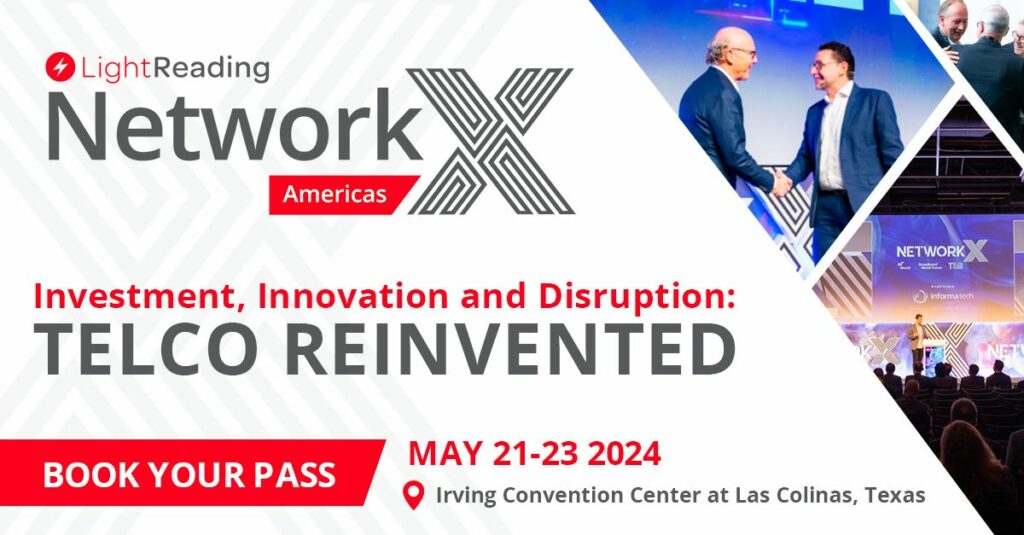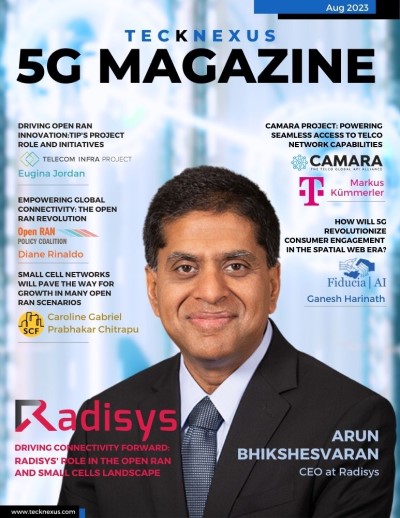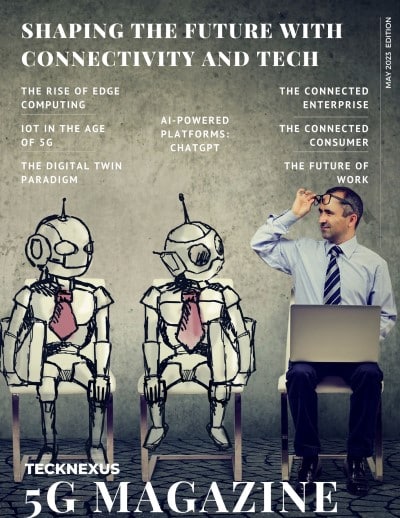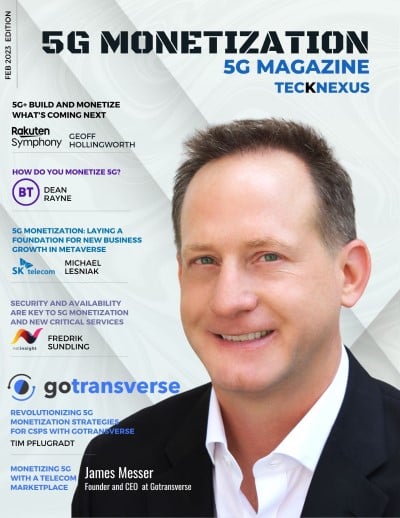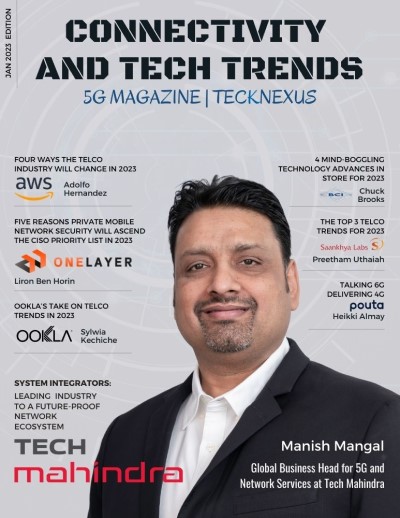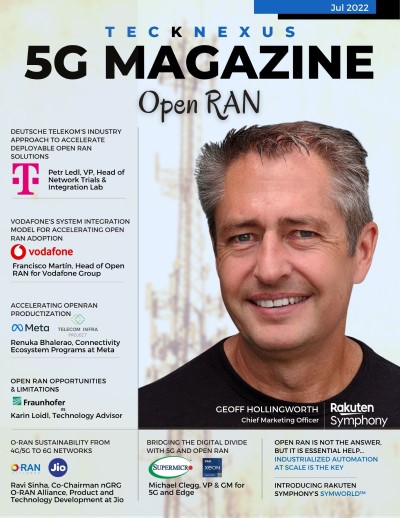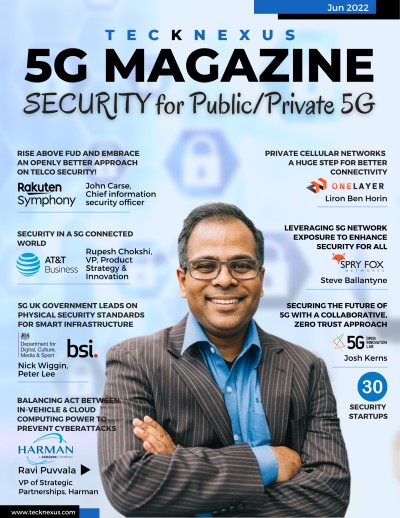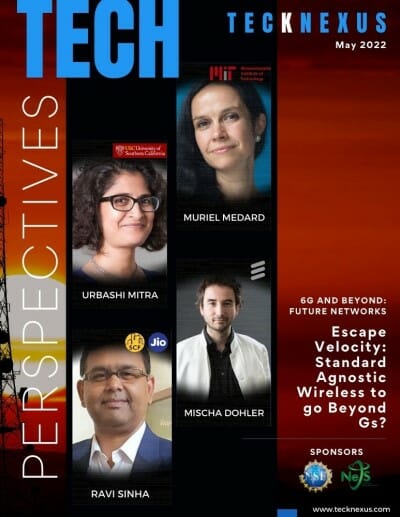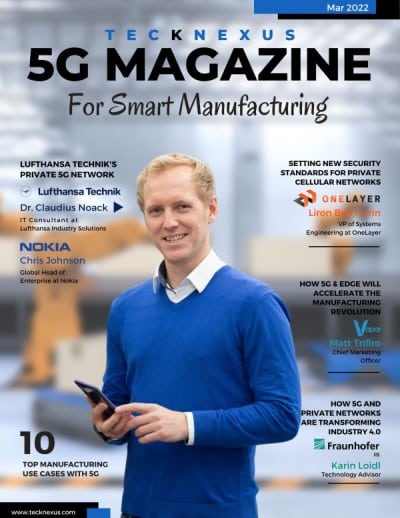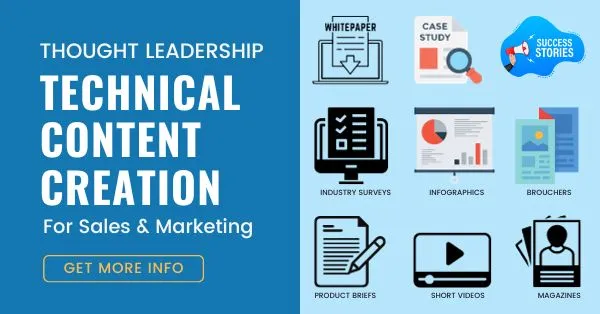Based on the insightful conversation with Jeff Welzer, COO of IBM Research, on the Appledore Research Podcast, we’ve crafted a Q&A article that delves into IBM’s advancements in AI and quantum computing. Welzer’s in-depth responses offer a glimpse into the innovative strides IBM is making, the challenges and opportunities presented by sovereign AI, and the future of technology in various industries.
1. Can you highlight some of IBM’s major technological breakthroughs in the past year?
Jeff Welzer detailed IBM’s accomplishments across several cutting-edge technologies. IBM’s work in AI, as demonstrated by the launch of Watson X, marks a significant leap toward enterprise-grade AI solutions. This platform, born out of research, is designed to handle the complexities of data curation and AI model governance, positioning IBM as a leader in foundation model AI for businesses. In quantum computing, the development and release of the Quantum System Q represents a major milestone. This system, featuring a chip with several hundred qubits and the ability to interconnect multiple chips, showcases IBM’s commitment to advancing quantum computing capabilities. Additionally, IBM’s breakthrough in semiconductor technology with the introduction of the two-nanometer chip and innovations in multi-chiplet packaging technology highlight its ongoing efforts to push the boundaries of computing performance and efficiency.
2. What is IBM’s stance on sovereign AI, and how are you addressing its challenges and opportunities?
Welzer provided an in-depth view of IBM’s approach to sovereign AI, focusing on the shift towards foundation models. These models have revolutionized the AI landscape by facilitating the deployment of generalized AI applications across various enterprises, significantly broadening the impact of AI. Sovereign AI, which emphasizes the localization of AI models for specific cultural and linguistic contexts, presents both challenges and opportunities. IBM’s WatsonX platform is a direct response to these, offering a robust framework for data curation, model development, and governance. By enabling customization of AI models to meet the specific needs of different regions and languages, IBM is at the forefront of making AI more accessible and relevant to a global audience. This approach not only enhances the utility of AI models but also ensures they are developed and deployed in a responsible and ethical manner.
3. How is IBM contributing to advancements in AI code generation and automation?
Jeff Welzer elaborated on IBM’s initiatives in AI-assisted coding, specifically mentioning Project Wisdom in collaboration with Red Hat Ansible. This project underscores IBM’s efforts to harness large language models for automating code generation, thereby simplifying IT automation workflows. The application of AI in code generation represents a pivotal advancement in software development, enabling developers to automate routine coding tasks, improve productivity, and focus on more complex and creative aspects of programming. IBM’s approach to AI-assisted coding is not limited to automation but extends to modernizing legacy systems, translating code between different programming languages, and generating annotations for legacy code like COBOL. This multifaceted strategy demonstrates IBM’s commitment to leveraging AI to address a broad spectrum of software development challenges, from enhancing developer efficiency to ensuring the longevity and relevance of existing codebases.
4. How do university and industry partnerships bolster IBM’s innovation and commercialization efforts?
Welzer passionately discussed the value of collaboration between IBM and academic institutions, highlighting partnerships with MIT and UC Berkeley as key drivers of technological innovation and commercialization. The synergy between IBM’s industry expertise and the academic prowess of these universities has led to significant advancements, particularly in AI. For example, the collaboration with MIT has resulted in foundational research on AI models, contributing to the development of IBM’s cutting-edge AI technologies. Similarly, the partnership with UC Berkeley focuses on tackling the challenges of a multi-computer hybrid cloud world, emphasizing the importance of seamless workload distribution across diverse computing environments. Beyond academia, IBM’s engagement with industry partners like the Cleveland Clinic in quantum computing and AI applications for healthcare showcases the practical impact of these collaborations in addressing real-world problems. These partnerships not only accelerate the pace of innovation but also facilitate the direct application of research breakthroughs to commercial products and services, thereby enhancing IBM’s technological leadership and contribution to society.
5. What advancements is IBM making in semiconductor technology, specifically regarding chiplet technology?
Jeff Welzer provided insights into IBM’s leading-edge work in semiconductor technology, with a particular focus on chiplet technology. This innovative approach is a strategic response to the diminishing returns of Moore’s Law, as transistor sizes approach the limits of physical scalability. Chiplet technology represents a paradigm shift, allowing for the integration of heterogeneous chip technologies into a single package. This method enables the customization of computing systems for specific tasks—be it AI processing, high-speed analog communications, or energy-efficient computing—by combining chiplets with different architectures and fabrication processes. IBM’s progress in this area, including the development of interconnect technologies that simulate the performance of a single, integrated chip, heralds a new era of semiconductor design. This approach not only enhances the performance and efficiency of computing systems but also offers a flexible and scalable solution to the growing demands of diverse computing applications, from cloud computing to edge devices.
6. How is IBM’s quantum computing technology being utilized, and what future applications do you foresee?
Welzer shed light on the evolving landscape of quantum computing at IBM, from experimental applications to tangible utility in solving complex computational problems. With the deployment of quantum systems via the cloud, IBM has democratized access to quantum computing, enabling researchers, businesses, and governments to explore its potential. Early explorations have focused on identifying algorithms and applications where quantum computing offers distinct advantages over classical systems, such as material science simulations and optimization problems.
The establishment of partnerships with over 300 institutions worldwide is a testament to the broad interest in and potential of quantum computing.
Looking ahead, Welzer anticipates quantum computing will first make significant impacts in the sciences, particularly in quantum chemistry for drug discovery and materials science. These fields benefit from quantum computing’s ability to simulate molecular interactions at an unprecedented scale. As quantum technology matures, with improvements in error rates and system robustness, its applications will expand to include optimization in finance and logistics, and potentially revolutionize machine learning and AI. IBM’s commitment to advancing quantum computing is also evident in its open-source software development framework, Qiskit, which aims to make quantum computing accessible to a broader range of programmers, thereby accelerating innovation and application development in this transformative field.
7. Looking forward, what are IBM’s expectations for the next three to five years in AI, quantum computing, and semiconductor technology?
Jeff Welzer shared an optimistic and forward-looking perspective on the future of technology at IBM, particularly in the realms of AI, quantum computing, and semiconductor technology. In the AI sector, he anticipates significant advancements in the development and deployment of trusted, ethically sourced data and models. This focus on ethical AI underscores IBM’s commitment to responsible innovation, ensuring that AI technologies are developed and utilized in a manner that is both transparent and accountable. Furthermore, Welzer expects the emergence of tools that will simplify the process of tuning AI models for specific applications, making AI more adaptable and integrated into various business processes.
In quantum computing, Welzer predicts that the next few years will witness the transition from experimental to practical utility, particularly in the sciences. This transition will be facilitated by advancements in quantum hardware, such as increased qubit counts and reduced error rates, as well as by the continued development of the Qiskit framework to make quantum computing more accessible to software developers. The practical applications of quantum computing are expected to expand beyond material science and chemistry into optimization problems in finance and logistics, as well as into machine learning and AI, revolutionizing how complex problems are solved across industries.
On the semiconductor front, Welzer highlighted the potential of chiplet technology to redefine computing architectures, enabling more efficient and powerful systems. He also emphasized the development of new chip architectures designed specifically for AI applications, which promise to enhance the efficiency and performance of AI model training and inference. These advancements are poised to address the growing demand for computing power in an energy-efficient manner, supporting the proliferation of AI and other compute-intensive applications from the cloud to the edge.
Overall, Jeff Welzer’s insights into IBM’s research and development initiatives reveal a company at the forefront of technological innovation, committed to addressing some of the most challenging and impactful problems facing industries and society today. Through advancements in AI, quantum computing, and semiconductor technology, IBM is not only shaping the future of computing but also driving the evolution of numerous sectors towards more efficient, sustainable, and intelligent systems.










